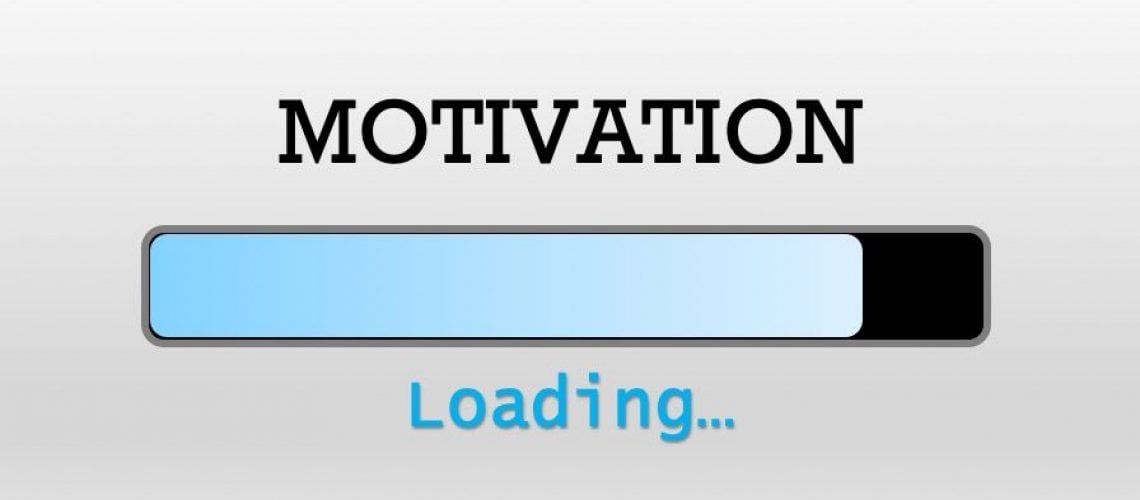I was vacationing on a houseboat in Arkansas with about ten family members, all of whom I love and with whom I enjoy spending time. One day, however, there were one too many complaints, one too many requests, and a few too many people around me. So I dove off the back of the houseboat and started swimming. It was quiet, it felt great, the water was soothing, and there was no one around me. I was in control and relaxed.
I was swimming into the middle of a very large lake at sunset, however. I knew how far I was going and had no intentions of going further or longer than was safe, but my husband became concerned so decided to come get me in a boat.
That was the day that I realized the stress had become too much.
I had just completed a year with multiple high stress events, some of which were ongoing. Career challenges, market crashes, death and near death experiences of loved ones, family crises, loads of responsibilities…and the list goes on. It was more than anyone could be expected to take on, but life can sometimes unfold that way.
There is an inverse relationship between stress and insight. The more stressed we are, the less we are able to effectively problem solve and see the landscape around us. Stress can also sneak up on you. If you’re a high achieving, responsible, nurturing woman, it’s easy to continue to take on more and more before realizing the impact stress is having on you. It’s important to notice signs that you’re getting a bit too stressed out. Here are some of mine.
#1: You take on new projects without considering how you will get them done.
If you’re a high capacity individual, this can be a frequent hazard. It’s so much easier to say “yes” and figure out a solution later than to say “no” and to explain to someone why you are not able to help them like you usually do. Before you know it, you begin to feel like a rubber band pulled so tightly that it will inevitably snap.
#2: Rewarding activities become tasks to be completed.
Unload the dishwasher? Check. Fold the laundry? Check. Turn in your marketing report? Check. Hug your children? Check. Losing the joy in things that normally enrich your life and bring fulfillment is a sure sign that you’ve reduced your day down to a to-do list, and you’re spreading yourself too thin.
#3: You begin to deprioritize your loved ones.
You’ve had your husband’s work party on your calendar for weeks, but something comes up at work and you now have to miss it. He rolls his eyes; it’s the third “work emergency” you’ve had this month! Sound familiar? Work is certainly important, providing a sense of fulfillment and monetary compensation, but it’s only part of the equation. If your work-life balance is out of whack, you may be too stressed.
#4: You’re easily irritated and prone to anger.
The sound of your child practicing piano is suddenly like nails on a chalkboard. You get to the break room and they’re out of Diet Coke, and then the deli gets your lunch order wrong. These mishaps used to be minor, but now you slam your office door and remain in a funk for the rest of the day. Counting down from ten doesn’t seem to help. Being chronically stressed and constantly irritated or angry go hand in hand.
#5: Exercise falls to the bottom of your list of priorities.
Even if weight-loss isn’t your goal, exercise is an essential form of self-care. It’s a time when you don’t have to think about work, family stress, or other obligations. Biologically, it also releases endorphins in your bloodstream to help calm frazzled nerves. If you are constantly skipping exercise in favor of another chore or project, the stress may build up before you know it.
#6: You begin to experienced unexplained health issues.
Is your stomach in knots? Are you getting headaches on a daily basis? Chronic stress with no rest or outlet can affect your health. Exercise is one way to help alleviate this stress. Eating correctly, meditation, and periodic stretch breaks from your desk are several more ways to make sure stress doesn’t take its toll on your body.
#7: Your surroundings are in disarray.
It may save time to grab drive-through every day on the way to work or home, but, in addition to being fatty food that will only exacerbate your stress, not cleaning the take-out containers out of your car can lead to clutter. Cluttered surroundings can lead to a cluttered mind. If your laundry is in piles on your couch and your dishes are overflowing in your sink because you’re too busy to get to these home chores, you may be overwhelmed and need to scale back.
#8: You’re exhausted at the end of each day, but your mind can’t stop thinking about everything you have to do.
Comedians Ellen DeGeneres and Wanda Sykes have both taken on the hilarious aspects of the racing thoughts women can have when trying to sleep. And although the thoughts can be random and even funny at times, when they disrupt your sleep every night after an already packed day, that’s a sure sign you have too much on your plate.
Stress can be good. It helps us perform at our best when peak performance is necessary, like running in a marathon or running from a bear in the woods. But stress is not good when it’s chronic and when we feel we have no control over it.
We can increase our awareness of our stress levels starting by paying more attention to our bodies. Do you have a daily ritual, possibly in the morning, where you take time in silence to check in with your body and mind? Even if it’s not daily, do you have a regular time where you remove yourself from the daily grind and just pay attention to what is going on with you?
Dr. Herbert Benson, professor emeritus of The Benson-Henry Mind Body Institute of Health at Massachusetts General Hospital, recommends these three key methods to reduce stress.
- Relaxation Techniques: This include things like deep breathing, focusing on a calming word or visualization.
- Physical Activity: Exercise increases deep breathing but also relaxes muscles.
- Social Support: Friends, relatives, mentors, coaches, companions – all form a network of social support which aids us during times of stress.
I hate to break it to you, but stress is unavoidable. It is an inevitable part of life. It is essential, then, to be vigilant of spotting when stress is becoming too much to handle, and to know ways to bring yourself back in balance when you become overwhelmed.






